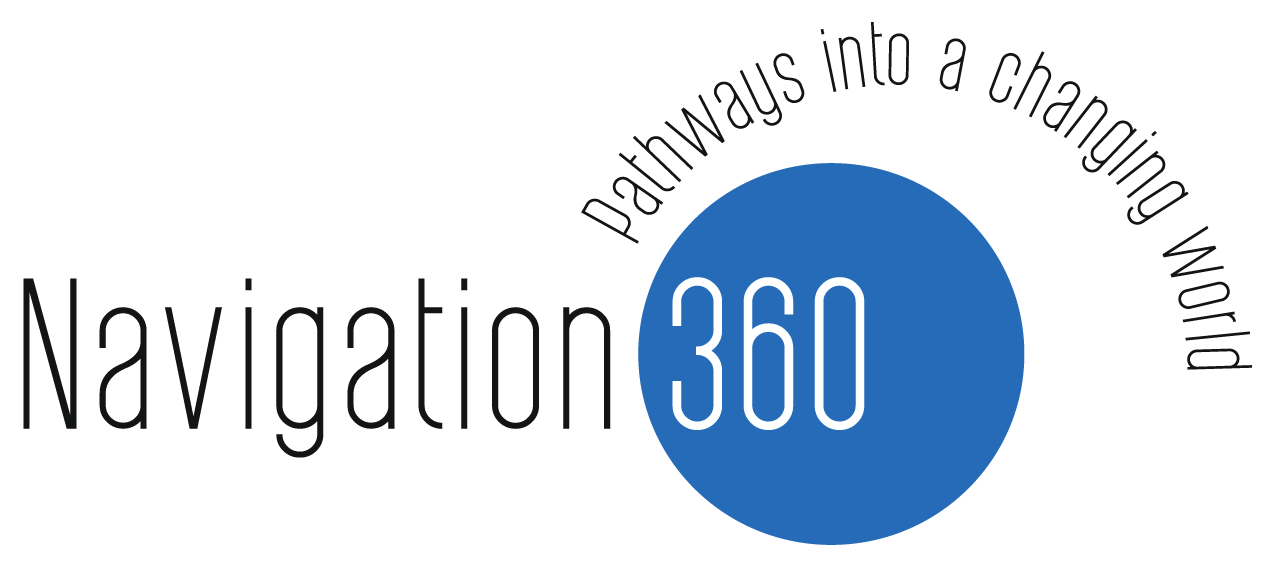“How do you prepare for ‘dialogue’?”
This was one of the interesting, and rather unexpected, questions from one of the participants from Myanmar that had come to Geneva for a three-week training. They came from civilian branches of government, the security forces, political parties and Myanmar ‘civil society’. My session topic was ‘public’ or ‘national dialogue’.
Public conversations about the whole transition process undoubtedly take place in the freer atmosphere that has emerged in Myanmar in recent years. The strategic question here is: How can the broader populations of Myanmar ‘be part’ of a process that will result in choices which will have great impact on the society for decades to come? The discussion of ‘big issues’, ranging from the constitutional make-up of the country to the responsible use of its natural resources, is scheduled to take place in a ‘political dialogue’. Even if this includes a fairly large number of ‘delegates’, the overwhelming majority of Myanmar citizens will not really be part of the shaping of their future society. There are experiences and approaches that can enable a wider, informed, participation of a larger section of the population, and this we talked about.
But what quickly struck me in our conversation was the degree to which the prevailing notion of 'political dialogue' for this diverse group was that of ‘negotiation’. They anticipated an interest-based bargaining. Some apparently even had been exposed to the difference frequently made by mediators between ‘position’, ‘interests’ and ‘needs’. How could this be? Are the various peace-support organisations engaged in Myanmar so oriented towards ‘negotiation’ processes that they have overlooked to also provide information, exposure and experiential learning of ‘dialogue processes’ to the people of Myanmar? Are they being trained in ‘mediation’ more than in ‘facilitation’?
In any case, their question was on the table: How do you prepare for ‘dialogue’? To answer that, we needed to get back to fundamentals about ‘dialogue’, in the sense of a high quality type of conversation that is different from negotiation but also from debate or discussion. The central skill in dialogue is ‘listening’. This because the purpose of dialogue is ‘understanding’: for me to understand where the other comes from and what shapes her or his behaviour. And hopefully also for the other to understand where I come from and what shapes my behaviour. Clarity of speaking can be helpful for this, as one participant pointed out; but we all regularly struggle with articulating clearly what we want to communicate.
Attentive and deep listening can help to overcome the deficiencies of expression, because the listener listens beyond the words. The listener is willing to make that effort because s/he has a deep interest in understanding the other. The attentiveness and care with which s/he listens also conveys this care and commitment to understand to the other, often a powerful experience that generates basic respect and trust. Attentive listening in order to understand does not mean that the listener will or has to agree. But if we make the effort to understand the other, and demonstrate that through our listening effort, the way in which we will express our ‘disagreement’ will also become very different.
Preparing for dialogue therefore is fundamentally different from preparing for negotiation. I need to develop my listening skills and not my negotiation skills. I need to calm and open my mind, so that I can listen without being hindered by my own prejudices, emotional reactions and self-interests. I may need to slow down, so that I respond wisely rather than react impulsively. I center myself well and anticipate to find myself in difficult moments, so that I am not easily thrown by harsh words or antagonistic signals from the other. I also inquire deeply within myself, about what shapes my mind-set and my behaviour towards the situation in the country we find ourselves in, and towards the other that I am encountering. What are the many experiences and perceptions of the past that shape our present and -if we are not careful- will also influence our future? What pains and anger do I carry with me, that make it difficult to have even basic trust in the other now? How focused am I on not losing out, that makes it difficult to imagine win-win situations? How am I going to convey to the other where I come from so that s/he understands me better? How am I going to react if I sense that the other is not making an effort to do so, but seems to remain in a competitive mode; will I quickly return to the power-dynamics and the negotiation game, or persist with an effort to establish dialogue? Am I prepared to sustain the dialogue, even if we seem stuck or get upset and are ready to walk away?
'Dialogue' in the sense described here, is not typically a cultural given, or a personality trait that most of us grow up with. It is something we have to and can learn.
Not all key actors will be open to dialogue, and several will only respond to the balance of power and influence. Not all socio-political and economic problems can be addressed with ‘dialogue’ only. There may be no alternative to negotiated choices. But experience suggests that negotiations preceded and supported by ‘dialogue moments’ are likely to yield better agreements than those without.
Comment

